Rwanda genocide survivors left homeless by UK’s refugee deal
The former residents of a hostel in Rwanda who were ejected under a controversial deal to host refugees to be flown from the UK have complained of being left homeless while the property remains unoccupied.
The residents -- all of whom are survivors of Rwanda’s 1994 genocide that left nearly 800,000 people from the minority Tutsi community -- had lived in Hope Hostel in the capital, Kigali, for up to eight years when they were ordered to vacate the building two days after British Home Secretary Priti Patel signed a £120-million agreement with the Rwandan government to send asylum seekers arriving in the UK to the impoverished country.
The now-homeless residents, who spoke of their plight, asked not to be identified for fear of reprisals amid reports that the Rwandan government has been censured by international rights groups for suppressing freedom of expression.
Patel toured the hostel in April, but survivors of the genocide who lived there were sent away on a day trip to prevent them from disrupting her visit.
According to the report, Hope Hostel in Kigali’s Kagugu neighborhood was built by Rwandan donors to accommodate up to 190 survivors of the 1994 genocide, during three months of a murderous campaign by the ruling Hutu government without much interference by the international community.
Formerly known as the Association of Student Survivors of Genocide (AERG) hostel, residents said there were about 40 people -- mostly men -- living there when Patel signed the deal.
British Prime Minister Boris Johnson promised that tens of thousands of asylum seekers who had arrived in the UK by “irregular means” would be transferred to Rwanda, though none have so far been sent following legal challenges filed against the move.
The first judicial review of the policy, brought by asylum seekers, two charities, and a union representing Border Force staff, is due to begin in September.
Some former residents of the hotel were still students who say they lost their families in the genocide and had nowhere to go.
“We don’t know what to do,” said a former resident of eight years. “In public, government officials say they are going to help us but no extra help has come. We are very worried but we are suffering.”
“It pains me to see that [the hostel] is still empty when we are homeless, on the street,” he said, noting that the government had given him money that lasted a month after he was asked to leave the hotel, but he had not received any additional funds for the past three months and had since been sleeping at friends’ homes.
A second former resident said he had since dropped out of school because he had no money for rent or food, saying, “We face a lot of challenges that include hunger and lack of accommodation… The government says we are already grown-up people and we should find solutions but how can you find solutions when you don’t have a job?”
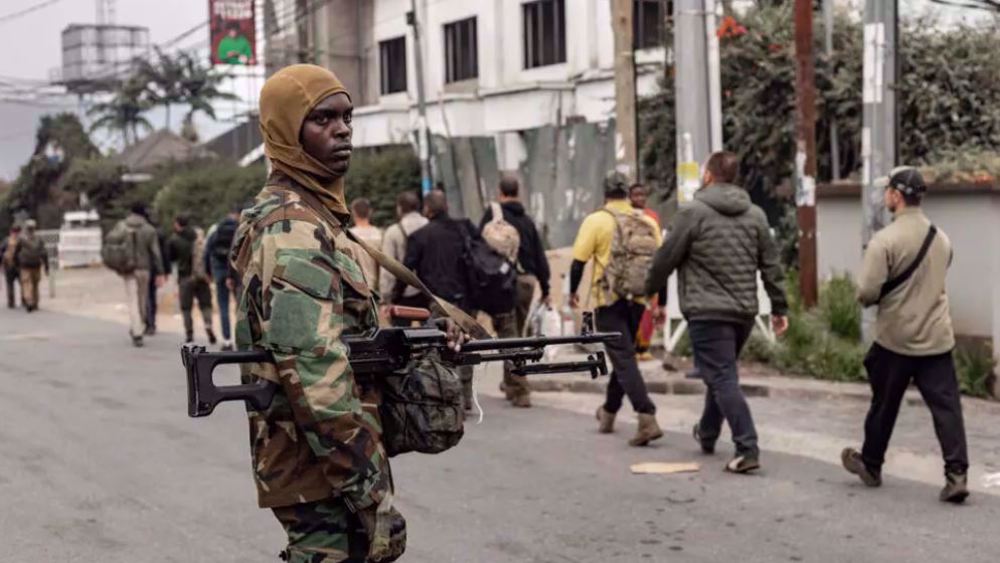
7,000+ killed in eastern DR Congo since January: PM
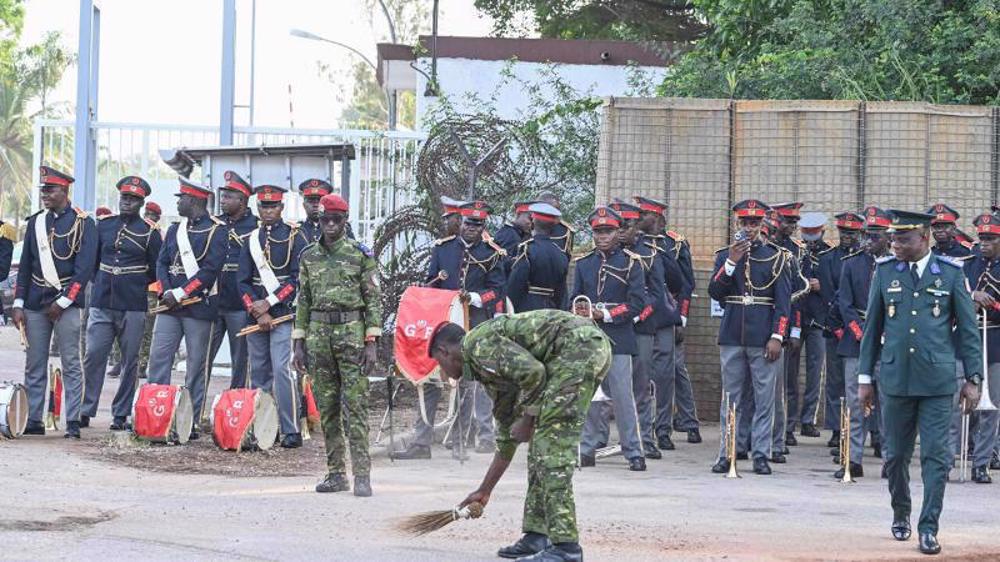
France hands back sole military base in Ivory Coast
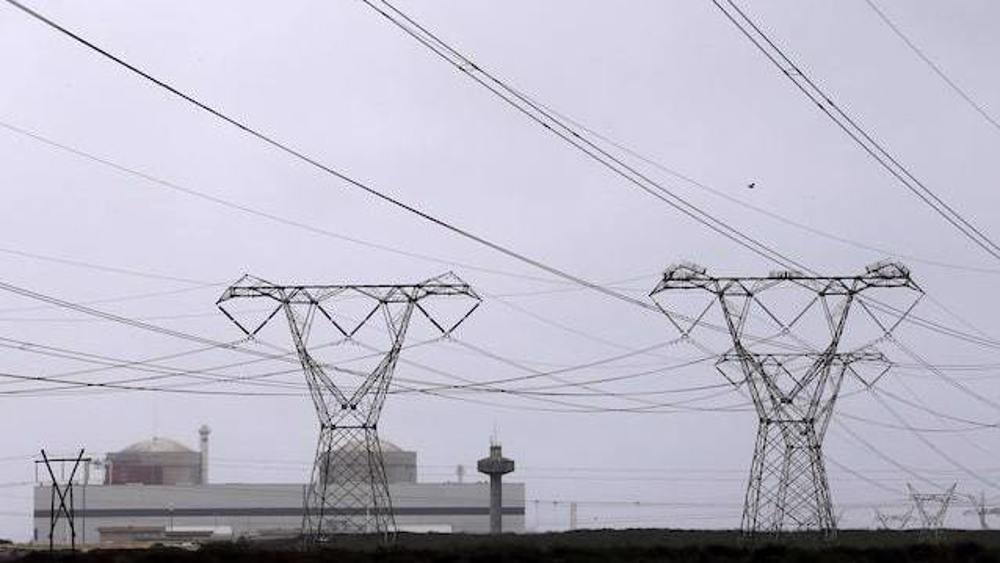
South Africa open to nuclear cooperation with Iran and Russia, despite US threats
Israel’s massacres won’t grant it ‘legitimacy’: Hamas on 31st anniversary of Ibrahimi Mosque tragedy
French leader decries ‘unprecedented diplomatic scandal’ after Israel bars European MPs
VIDEO | Washington’s failed projects
VIDEO | Islamabad exhibition exposes Israeli atrocities in Gaza
Trump rescinds arms sales regulation in favor of Israel, sources say
Iran’s president vows to accelerate cooperation with Russia
Palestinian says Israeli jailers poured acid on him during interrogation
Iran, Turkmenistan seek increased cargo transit via railways


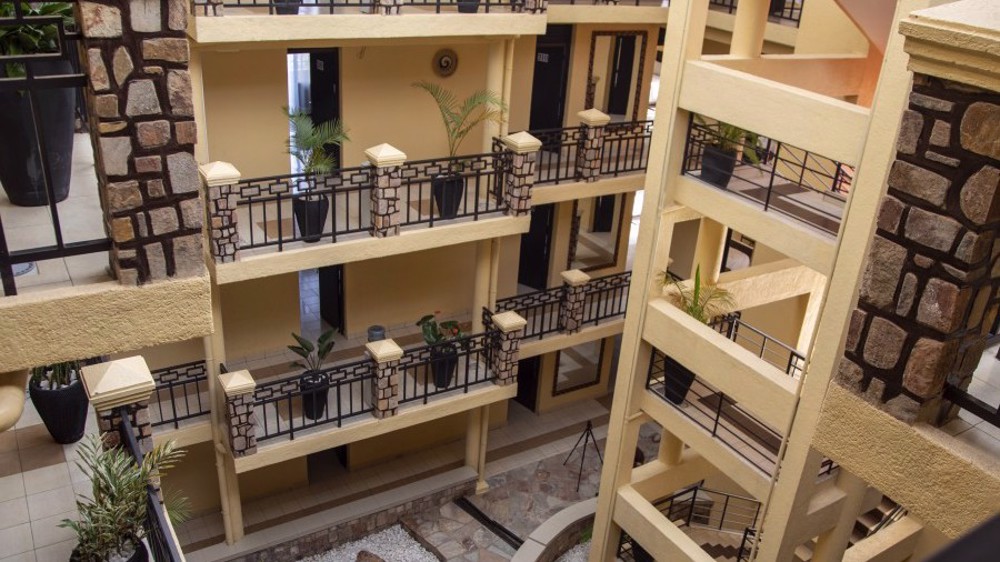
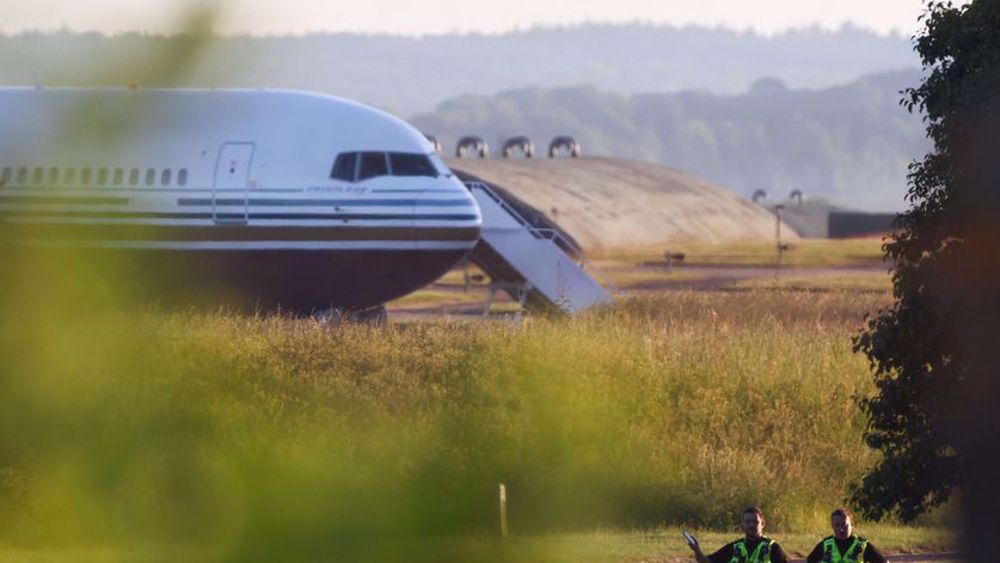



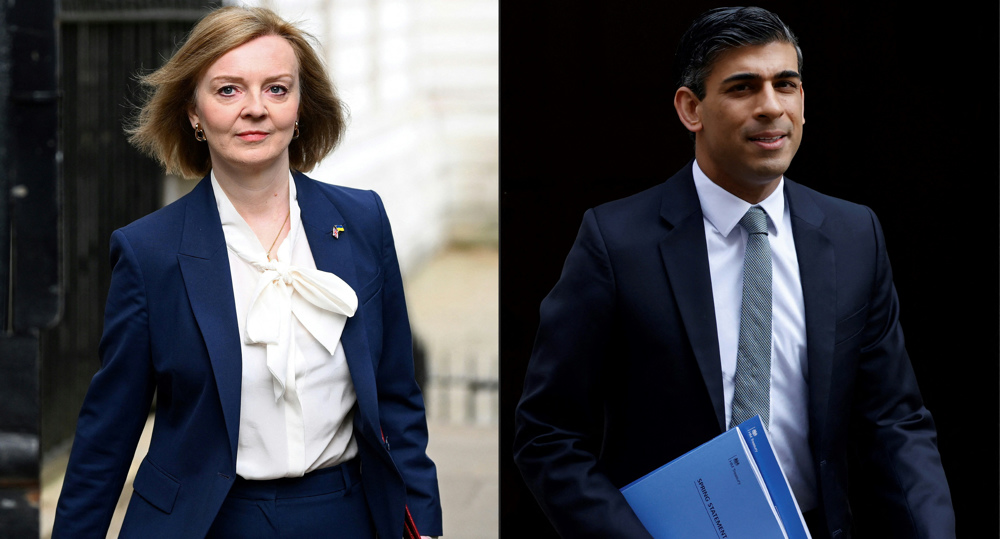
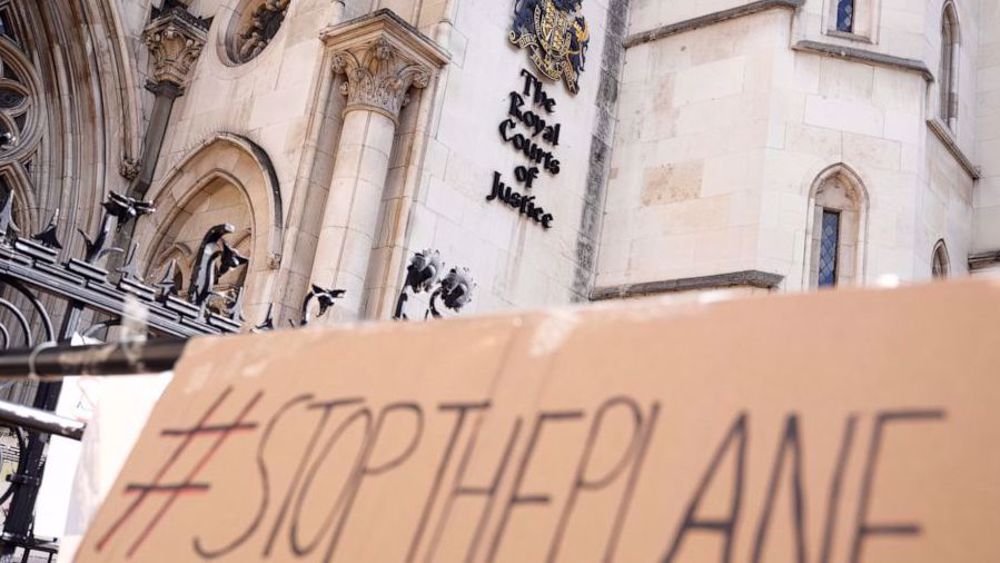

 This makes it easy to access the Press TV website
This makes it easy to access the Press TV website